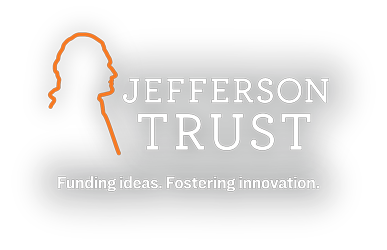The Jefferson Trust was formed because there was a need for unrestricted funds to support new projects and programs. That need has existed since the University’s founding, and it still exists today. The wide menu of fundraising priorities and the time upper administration devotes to fundraising would indicate the truth of that statement.
With all this time spent on fulfilling ‘the need,’ how does a fundraiser know if the idea they’re pitching resonates with donors? A single ‘yes’ can do it, but it would take several instances of ‘no’ to realize a change needs to be made. Time-constrained campaigns put a shot clock on moving the idea forward, and a year or two of hearing ‘no’ is too long.

In January 2022, Risa Goluboff, Dean of the UVA School of Law, pitched her vision to the Trustees and quickly received her ‘yes.’ The Roadmap Scholars Initiative is a two-year program designed to expose college juniors and seniors to the law, law school and the legal profession, and to help them become competitive applicants to the nation’s top law schools.
The Trustees loved the idea and granted $200,000 in seed funding to help start the program. Not only did this grant help jump-start the program, but the full board, which includes seven Law School alumni, are also strong supporters and advocates for the initiative’s growth.
This same jump-start effect can be even more helpful for a new dean, director or vice president. There’s a lot of pressure on new administrators to simultaneously thank the donors who have given previously, while pivoting to new priorities, and doing so within the campaign timeline.

Nicole Thorne Jenkins, the John A. Griffin Dean of the McIntire School of Commerce, saw the Trust’s value early on and proposed the Side Hustle program. The program — designed to be taken anywhere, anytime — offers one-half-credit classes that deliver modern business content and skills to students who may be interested in starting a new business, growing a network, honing a brand, or learning how ‘Name, Image, and Likeness’ works for college athletes.
This grant will provide seed funding and proof of concept programming and help the school better showcase the dean’s vision.
These examples have both been on the ‘yes’ side, what happens when the Trust says ‘no’? It can still be a positive. A ‘no’ from the Trust gives the grant seeker a chance to revise the pitch, revise the project, or go back to the drawing board.
The Trust grant-making process is a positive opportunity to move an idea forward faster. It yields great ideas and great outcomes that advance UVA.

